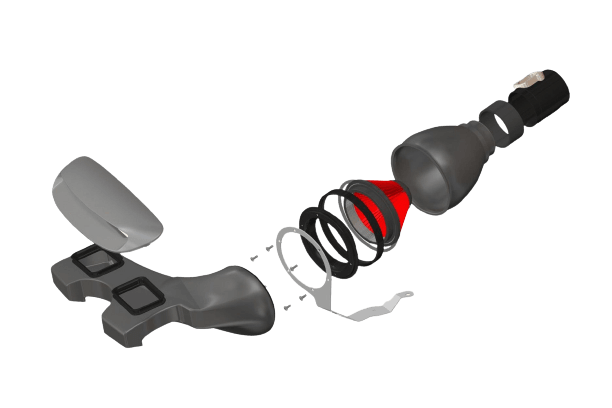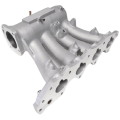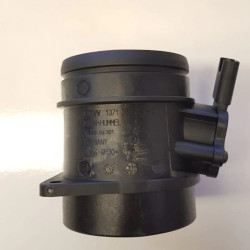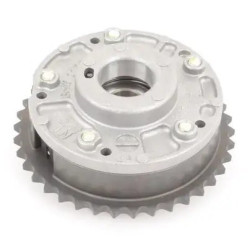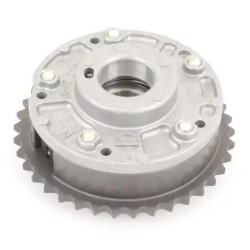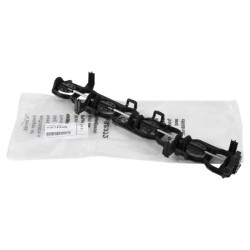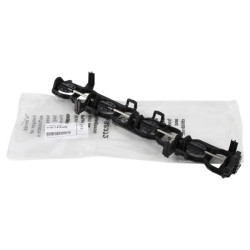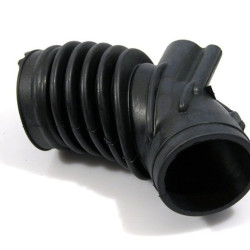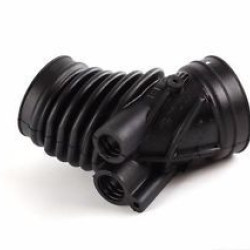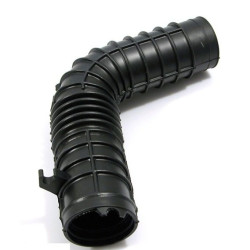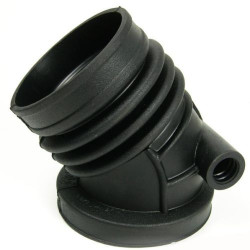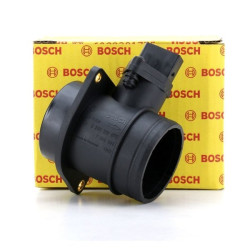BMW Air Intake System
The BMW Air Intake System is the system through which air taken from the air filter passes and is distributed to the individual cylinders.
BMW Air Intake System: Features, Operating Principles, and Performance
BMW's air intake system is a critical component that provides the clean and sufficient amount of air necessary for the efficient operation of the engine. The air intake system directly affects the engine's performance, fuel efficiency, and emissions. In this article, we will examine the features of the BMW air intake system, its operating principles, and its importance for engine performance.
Structure and Features of the Air Intake System
The BMW air intake system consists of various components that optimize the combustion process by providing the clean air required by the engine. Here are some key components and features of the BMW air intake system:
Air Filter: The air filter cleans the air drawn into the engine from dust, dirt, and other particles. BMW air filters are made from high-quality materials and are durable for long-term use.
Air Intake: The air intake system draws air from the external environment and directs it to the engine's intake manifold. BMW air intakes are aerodynamically optimized and designed to maximize airflow.
Mass Air Flow Sensor: The mass air flow sensor (MAF sensor) measures the amount of air entering the engine and transmits this information to the engine control unit (ECU). BMW mass air flow sensors ensure optimal engine performance by making precise measurements.
Intake Manifold: The intake manifold distributes the air-fuel mixture evenly and balanced to the cylinders. BMW intake manifolds are designed to minimize flow resistance and optimize the fuel mixture.
Operating Principles
The BMW air intake system goes through a series of stages to ensure the efficient operation of the engine. Here is a step-by-step explanation of this process:
Air Intake: The air taken from the external environment is cleaned and purified through the air filter.
Air Measurement: The cleaned air is measured by the mass air flow sensor. The sensor precisely determines the amount of air entering the engine and sends this information to the ECU.
Fuel Injection: The ECU adjusts the fuel injection amount based on the data from the mass air flow sensor. This ensures that the air-fuel mixture is at optimal ratios.
Distribution of Air: The intake manifold optimizes the combustion process by evenly distributing the air-fuel mixture to the cylinders.
Performance and Efficiency
The BMW air intake system is designed to enhance engine performance and efficiency. Here are the effects of this system on performance:
Power and Torque Increase: Optimal airflow allows the engine to operate more efficiently, resulting in higher power and torque production.
Fuel Efficiency: Precise air measurement and fuel injection ensure more efficient fuel use. This reduces fuel consumption and provides a more economical driving experience.
Emission Reduction: Clean air and the correct air-fuel mixture optimize the combustion process, reducing harmful emissions. This minimizes environmental damage and provides a more eco-friendly driving experience.
Extending Engine Life: The air intake system ensures that the engine is fed with clean, particle-free air, extending the engine's life and reducing maintenance costs.
Conclusion
The BMW air intake system is a critical component that ensures the efficient operation and high performance of the engine. Produced using high-quality materials and advanced technologies, this system ensures the engine provides long-lasting and reliable performance. BMW's engineering expertise ensures the optimal functioning of every component of the air intake system, making every driving experience top-notch. The BMW air intake system maximizes driving pleasure by enhancing engine performance while minimizing its environmental impact.
 Türkçe
Türkçe
 English
English
 Русский
Русский

